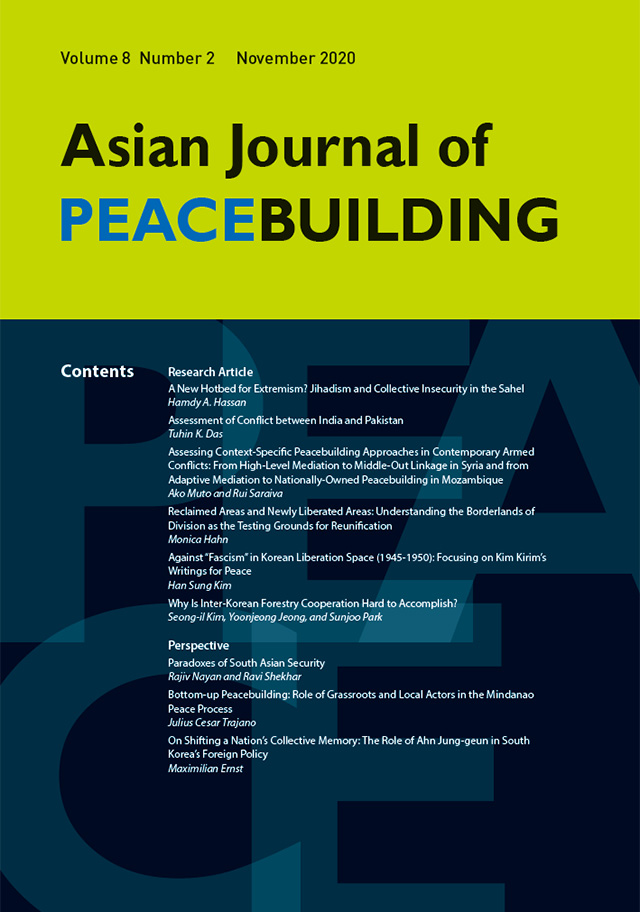Several jihadist groups sought a safe haven in the Sahel region following the defeat of Daesh in Syria and Iraq, making it a hotbed of terrorist activities. These groups have relied on crime, amongst other strategies, to survive and expand. Such strategies serve as the groups’ lifeblood and help them forge alliances with local actors. The appeal of radical jihadist discourse capitalizes on human insecurities as manifested in political, environmental, and demographic challenges. This article considers not only the new threats to human security in the Sahel, but also the need for a
multidimensional, inclusive, dialogue-based solution. Promoting development and social cohesion centered on human security could achieve better results in the region than resorting to external military intervention.
Back Issues
Research Article
A New Hotbed for Extremism? Jihadism and Collective Insecurity in the Sahel
Hamdy A. Hassan pp. 203-222
PDF Download

